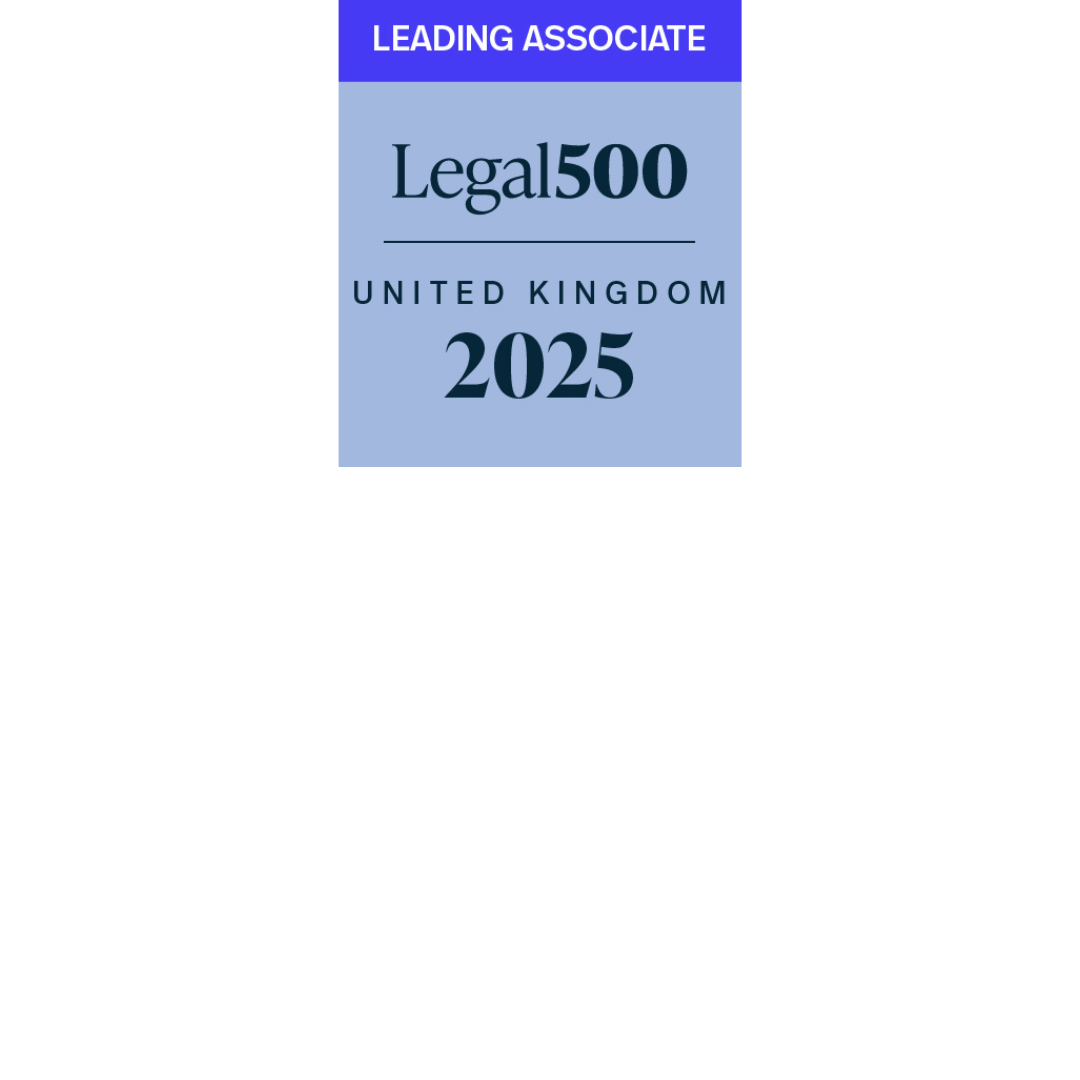
Stamp Duty Land Tax and Conveyancing: what have we learned from Angela Raynor?
Stamp Duty Land Tax (SDLT) is a tax imposed by the government payable by those purchasing/acquiring land.
When SDLT was introduced in 2003, it was a simple tiered tax based on the purchase price. Over time, the rules surrounding Stamp Duty Land Tax have developed and it has now become extremely complex with many additional surcharges, exemptions and reliefs available.
The latest update to the SDLT rules came into force April 2025.
What is the role of conveyancers
From December 2003, the Land Registry required the SDLT5 certificate to complete a registration of a property title in the name of the buyer. As a result, it became routine for conveyancers to process the forms and submit to the Land Registry.
Many people assume their conveyancer will provide full tax advice but that is far from the case. In practice, most conveyancers calculate SDLT based on the information collected and supplied to them by their clients.
The responsibility still sits with the purchaser of the property to ensure that the forms being submitted are correct.
Lessons to be learnt
- The conveyancers role is not to provide SDLT advice. Conveyancers should be advising their client’s to obtain independent tax advice from a SDLT specialist.
- Purchasers need to get advice early to avoid encountering problems later on, such as underpayments, interests or penalties.
- No one is exempt from the SDLT rules.
What’s next for Stamp Duty Land Tax and Conveyancers?
There have been reports that Chancellor Rachel Reeves is weighing up a dramatic overhaul of property taxation that could see the scrapping of SDLT and the introduction of a levy on sellers when they come to sell. For purchasers, this may sound attractive with the hope that it would make moving more affordable, particularly for first time buyers, who will be able to make their deposit stretch further. But with others less in favour of the change having the view that it may discourage movement among existing homeowners.
For now, conveyancers wait in anticipation for news on how the rules may be changing.
How can we help?
If you are planning on buying or selling a house, get in touch with our specialist residential conveyancing solicitors.
Contact our team by telephone on 0330 123 1229, complete our contact form. or send us an email via info@smithpartnership.co.uk.

Share this article





















